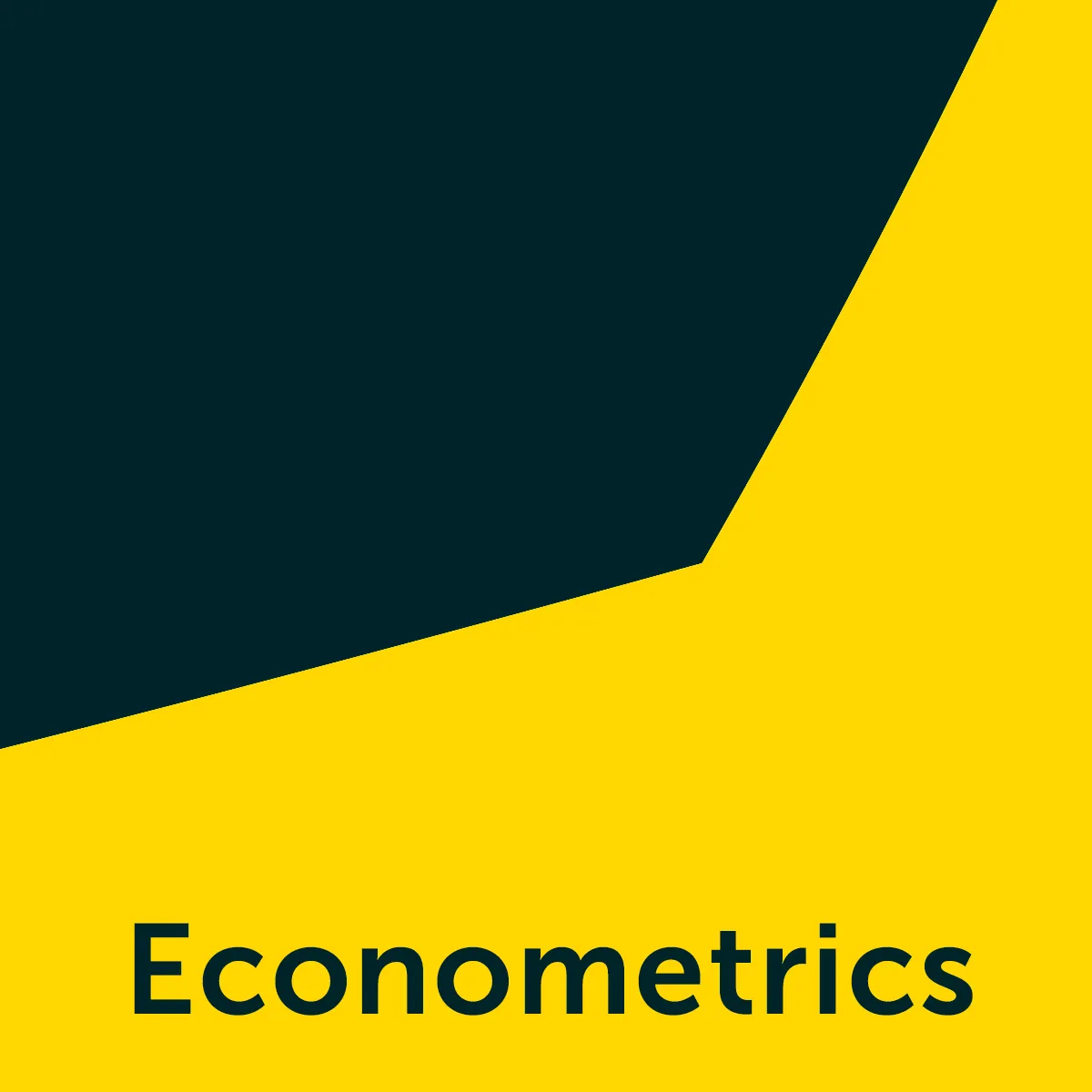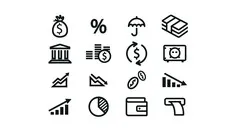
Econometrics: Methods and Applications 
This course from Erasmus University Rotterdam provides an introduction to econometric methods and their applications in economics and finance. Students will gain an understanding of the principles and techniques of econometrics. ▼
ADVERTISEMENT
Course Feature
![]() Cost:
Cost:
Free
![]() Provider:
Provider:
Coursera
![]() Certificate:
Certificate:
No Information
![]() Language:
Language:
English
![]() Start Date:
Start Date:
Self Paced
Course Overview
❗The content presented here is sourced directly from Coursera platform. For comprehensive course details, including enrollment information, simply click on the 'Go to class' link on our website.
Updated in [March 06th, 2023]
Econometrics: Methods and Applications is an online course suitable for students in economics, finance, business, engineering, and data analysis, as well as those who work in these fields. Learners can gain an understanding of the fundamentals of econometrics, including the use of matrices, probability, and statistics. The course also provides an introduction to the use of econometric methods in business and economics, such as linear regression, time series analysis, and panel data analysis. Learners can also learn how to apply these methods to real-world problems and interpret the results. Additionally, the course provides further reading materials, such as the textbook Econometric Methods with Applications in Business and Economics, to help learners deepen their understanding of the topics. Finally, the Course Guide provides guidance on how learners can continue their studies after completing the course.
[Applications]
Students who have completed the course in Econometrics: Methods and Applications can apply their knowledge to a variety of fields. They can use the methods and techniques learned in the course to analyze data in economics, finance, business, engineering, and data analysis. Additionally, they can use the textbook, Econometric Methods with Applications in Business and Economics, to further their understanding of the topics discussed in the course. Furthermore, they can use the Course Guide to continue their studies and explore related topics.
[Career Paths]
1. Data Analyst: Data analysts are responsible for collecting, organizing, and analyzing data to help inform business decisions. They use a variety of tools and techniques to identify trends, patterns, and relationships in data sets. As the amount of data available to businesses continues to grow, the demand for data analysts is expected to increase.
2. Business Analyst: Business analysts are responsible for understanding the needs of a business and developing solutions to improve its operations. They use data analysis, process mapping, and other techniques to identify areas of improvement and develop strategies to increase efficiency and profitability. As businesses become increasingly data-driven, the demand for business analysts is expected to grow.
3. Financial Analyst: Financial analysts are responsible for analyzing financial data to help inform investment decisions. They use a variety of tools and techniques to identify trends, patterns, and relationships in financial data sets. As the financial markets become increasingly complex, the demand for financial analysts is expected to increase.
4. Risk Analyst: Risk analysts are responsible for assessing and managing risk in a variety of contexts. They use data analysis, process mapping, and other techniques to identify potential risks and develop strategies to mitigate them. As businesses become increasingly aware of the need to manage risk, the demand for risk analysts is expected to grow.
[Education Paths]
1. Bachelor's Degree in Economics: A Bachelor's Degree in Economics is a great way to gain a comprehensive understanding of the principles of economics and how they apply to the real world. This degree will provide students with the skills and knowledge to analyze economic data, understand economic trends, and develop strategies to address economic issues. Additionally, students will gain an understanding of the global economy and the impact of economic policies on different countries.
2. Master's Degree in Econometrics: A Master's Degree in Econometrics is a great way to gain a deeper understanding of the methods and applications of econometrics. This degree will provide students with the skills and knowledge to analyze economic data, understand economic trends, and develop strategies to address economic issues. Additionally, students will gain an understanding of the global economy and the impact of economic policies on different countries.
3. Doctoral Degree in Economics: A Doctoral Degree in Economics is a great way to gain a comprehensive understanding of the principles of economics and how they apply to the real world. This degree will provide students with the skills and knowledge to analyze economic data, understand economic trends, and develop strategies to address economic issues. Additionally, students will gain an understanding of the global economy and the impact of economic policies on different countries.
4. Master's Degree in Data Science: A Master's Degree in Data Science is a great way to gain a comprehensive understanding of the principles of data science and how they apply to the real world. This degree will provide students with the skills and knowledge to analyze data, understand data trends, and develop strategies to address data-related issues. Additionally, students will gain an understanding of the global data landscape and the impact of data-driven decisions on different countries.
Developing trends in these degree paths include the increasing use of data science and machine learning to analyze economic data, the use of artificial intelligence to develop economic models, and the use of big data to understand economic trends. Additionally, the use of blockchain technology is becoming increasingly popular in the field of economics, as it provides a secure and transparent way to store and transfer data.
Course Provider

Provider Coursera's Stats at AZClass
Discussion and Reviews
0.0 (Based on 0 reviews)
Explore Similar Online Courses

The Measure Phase for the 6 σ Black Belt

Python Programming Learn Python with 100+ Practicals

Python for Informatics: Exploring Information

Social Network Analysis

Introduction to Systematic Review and Meta-Analysis

The Analytics Edge

DCO042 - Python For Informatics

Causal Diagrams: Draw Your Assumptions Before Your Conclusions

Whole genome sequencing of bacterial genomes - tools and applications

Econ 101: The Complete Intro to Economics For Beginners

Economics: Elasticity and its Business Aspect on Pricing

Behavioral Economics Fundamentals
 Related Categories
Related Categories
 Popular Providers
Popular Providers
Quiz
 Submitted Sucessfully
Submitted Sucessfully
1. What is the textbook for this course?
2. What is the prerequisite for this course?
3. Where can I find the connection between the MOOC modules and the book chapters?
4. What is the textbook that the MOOC is based on?
Correct Answer: Econometric Methods with Applications in Business and Economics, Oxford University Press.


Start your review of Econometrics: Methods and Applications